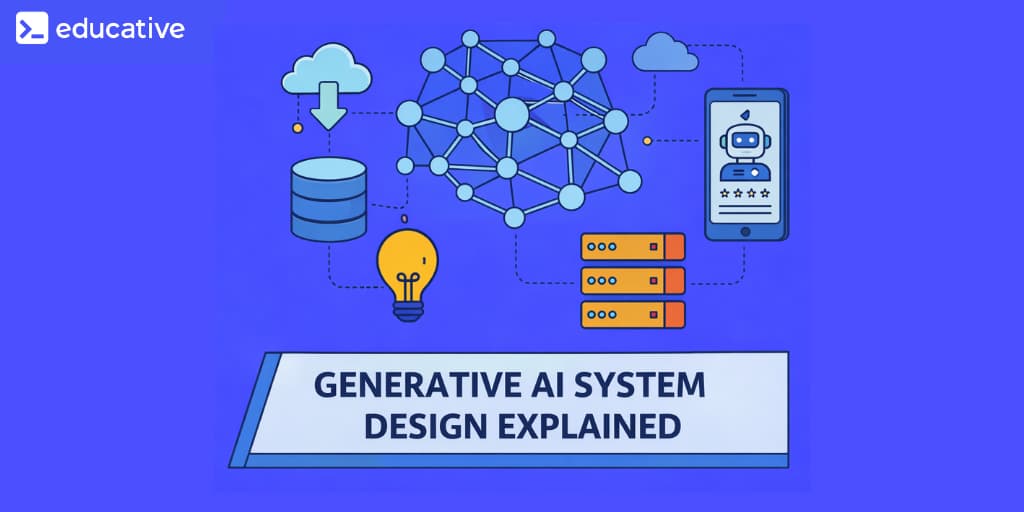Generative AI System Design Explained
ByteDance System Design Interview
Inventory Management System Design
Cloudflare System Design Interview
Lyft System Design
GEICO System Design Interview
Goldman Sachs System Design interview
Search Engine System Design Explained
Ride Sharing App System Design
